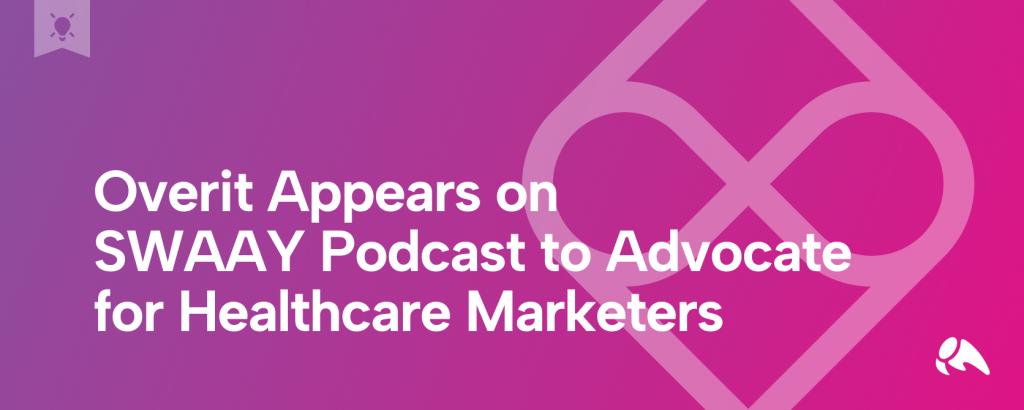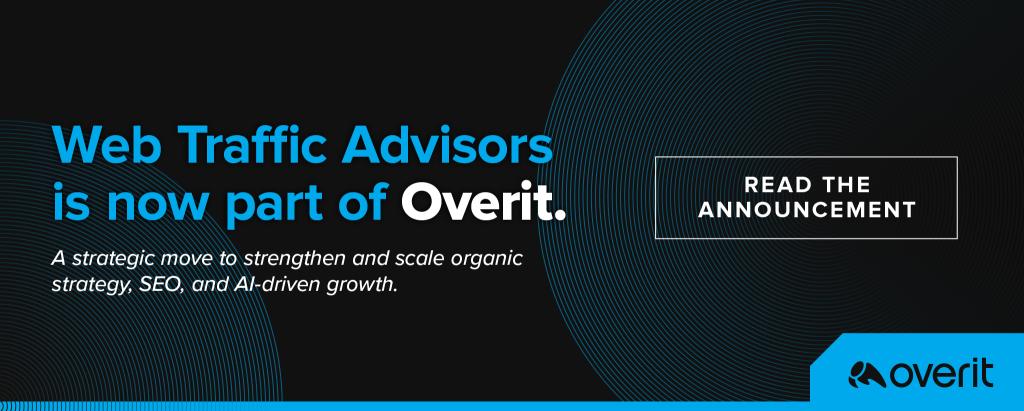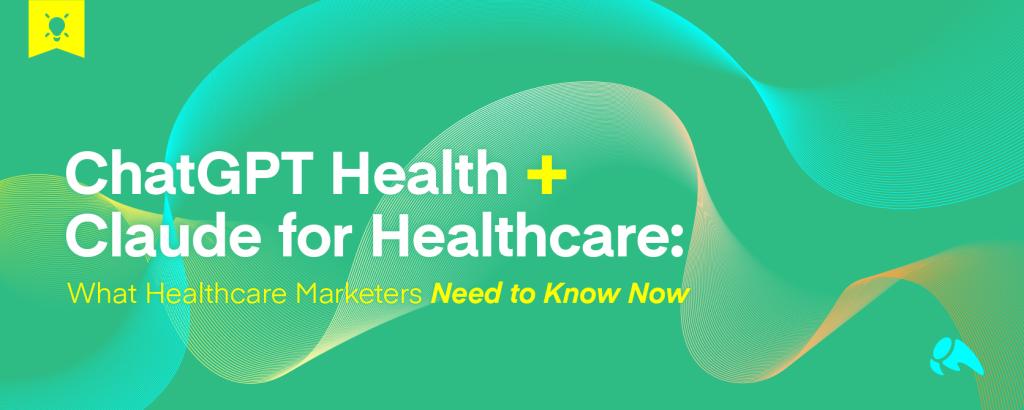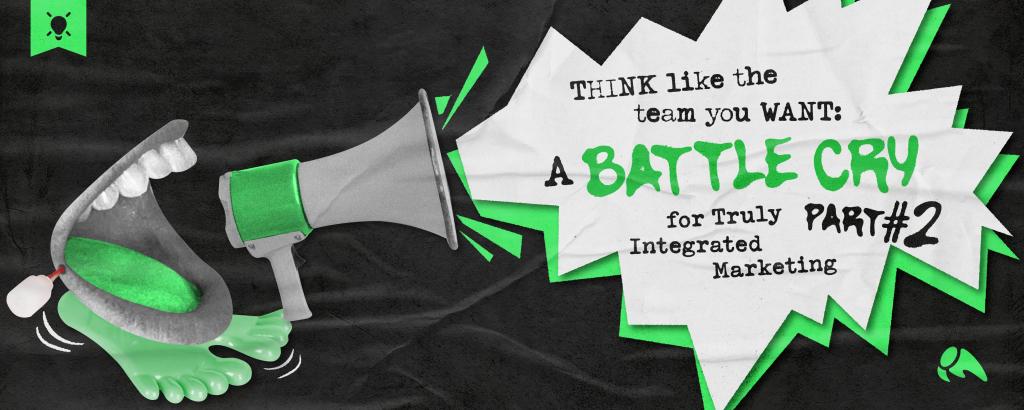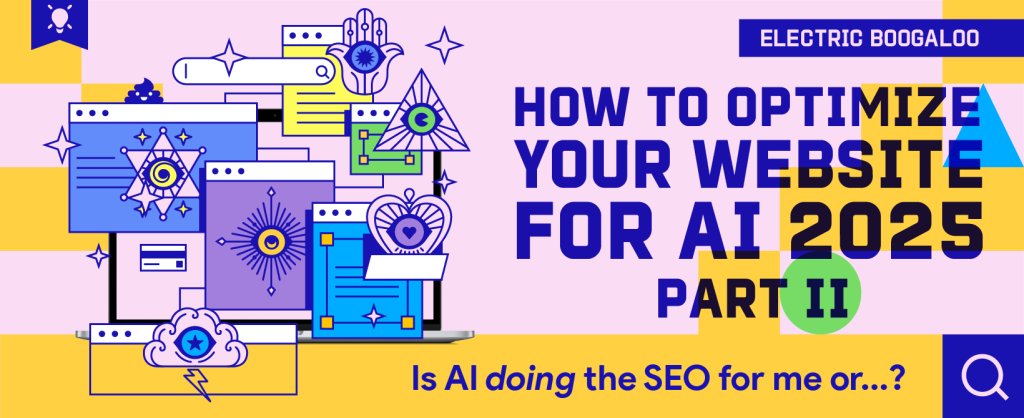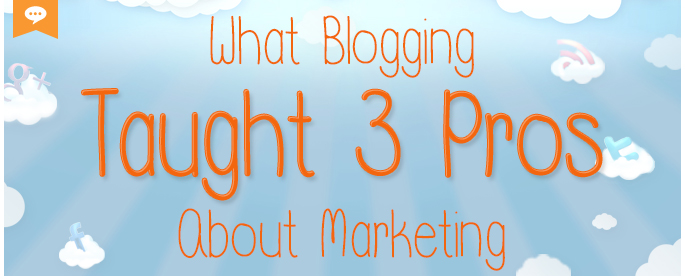
Next month I’ll celebrate my seventh year blogging about search. Looking back, I know that everything I’ve learned about SEO and marketing has been a result of my blogging – either through the act of covering it, seeing the effects of social promotion, or through the people that I’ve met. My guess is that if you’ve been blogging for any length of time, you’ve probably learned a lot, too.
Over at the Google Webmaster Help channel, Matt Cutts was recently asked asked what blogging had taught him about Internet marketing. If you’re curious to learn what blogging has taught Google’s most famous spam crime fighter, you can check out the video below where Matt tackles the question.
Listening to Matt respond, I was curious to know what others might have to say when the question was posed to them. So I asked a few of my industry friends who I know have long-standing experience being both marketers and bloggers to see if they’d share their experiences.
What has blogging taught these three pros about marketing? You can read their answers below. To make it fair, I also chime in at the very bottom. 😉
Take advantage of their insights and then share your own.
 Marty Weintraub, aimClear CEO
Marty Weintraub, aimClear CEO
Blogging Lesson #1: Good bloggers link to complimentary and non-competitive resources. GREAT bloggers link to their competition.
As time went on, it occurred to me that perhaps aimClear (now 3 employees) should not give way the opportunity brand so readily to SEOmoz and the other resources we linked to in our proposals. aimClear Blog was born as resource to clarify online marketing concepts to potential clients. The most amazing thing happened. Because we were now perceived as thought leaders, for publishing magnanimous and empowering resources, our conversion rate of sales proposals to closed customers increased.
Blogging Lesson #2: The best way to be a thought leader is to lead thinking by publishing empowering material that truly serves your customer base.
The blog posts led to conference speaking gigs, which grew the company exponentially. The links we got from publishing blog posts made all of aimClear Blog’s material rank well. The organic traffic we got and still get is priceless on a number of levels. Because the blog constantly strives to give back to our community, we sailed through Panda and Penguin updates, with traffic actually increasing. The site’s algorithmic strength means we can often rank for competitive terms which reinforce our place in the community. Because it’s respected site it its space for Google and users alike, we are able to run tests often to prove SEO theories. We take what we learn and share it with clients. We often point clients to tactics we’ve tested in our blog and aimclear.com.
Blogging Lesson #3: A blog makes a static website a “Publication,” which is like making a house a home.
Blogs yield crucial insights as to socialization as well. In the early days of MyBlogLog, a service that displayed the icons of site visitors to our blog it just blew our minds that within seconds of the ping alerting someone we’d linked to or mentioned they would come to our site! The very action of mentioning or linking to other bloggers brought them to aimClear Blog. that amazed me. The first group picture from SES NY 2008 got hundreds of visitors…just to look at a picture. It was then I understood. Publishing relevant content about people, companies, causes (you know, the stuff that matters) drives traffic and engagement.
Blogging Lesson 4: The best way to build community is to cause it with content.
From nearly the first day aimClear (now 25 people INC.500) Blog has been the single most important cog in machinery that grew our company. Personally, it means everything to me and is my joy. Anyone using their blog properly may well feel deep ownership and pride while boosting the public’s perception of your business.
 Virginia Nussey, Social Media Editor at Bruce Clay, Inc
Virginia Nussey, Social Media Editor at Bruce Clay, Inc
I’ll share 2 major ways that my blogging experience informs my approach to SEO and marketing.
First, I discovered that I can’t always predict which blog posts will be hits. The same is true of marketing pieces and campaigns. Obviously we always put our efforts toward where we think they’ll have the biggest payoff, based on our audience, the competition and past failures and successes. But sometimes when you take risks and try things that are unfamiliar or unvetted or enter new territory, you find some of the biggest payouts happen when you strike uncharted goldmines.
Second, and more importantly, it’s clear that the information in a blog post isn’t what people like or respond to; it’s the blog/blogger’s personality that attracts readers. This applies to all businesses, many of which may sell the same product or service at the same price as competitors. Two websites may sell the same thing, and it’s the brand’s unique value position that’s going to make the difference persuading the consumer of which one they prefer.
I remember those 2 concepts as I work, and it gives power to every tactic and strategy of both blogging and search marketing.
 Andy Beal, Founder of MarketingPilgrim/ Trackur
Andy Beal, Founder of MarketingPilgrim/ Trackur
The biggest lesson that blogging has taught me about internet marketing is that you cannot just “fire and forget.” Whether it be a blog post, a product launch, or special promotion, you have at least two different audience types.
First, you have those that visit when the blog post first goes live. You need to attract them like bees to honey. An enticing headline, a first paragraph that captivates them, and eye candy in the form of professional images, all of these will help that initial burst of interest for your blog post.
Secondly, you have to go back and look at how you can tweak your blog post to appeal more to a search engine spider. While you shouldn’t abandon the tactics you used in the first step, you should augment them with perhaps a change of word structure in your post title, the addition of a link to other theme-relevant posts, and maybe a call to action that encourages a desired conversion.
Understanding that your internet marketing should have that same dual audience approach will help keep your content fresh, your customers interested, and Google’s fickle spider, happy.
 Lisa Barone, VP of Strategy at Overit
Lisa Barone, VP of Strategy at Overit
I’d argue everything I know about marketing has come from my experience blogging. As a blogger you have to know how to be a good host and to serve the needs of your readers. The same applies to marketing.
Good bloggers are good marketers and realize it’s not about them. It’s about their customers and the people they serve. Aligning your content marketing strategy around their needs, their problems, and their biggest concerns is what will find you a loyal readership.
It’s also taught me to embrace those deemed as “competitors”. You won’t convert a customer by drawing lines in the sand or pretending you’re the only business that exists in your industry. You convert them by knowing what you offer, being solid in your brand, and making yourself part of the community.
At the end of the day, marketing and blogging are both human psychology. It’s about using emotion to drive someone toward taking the action you’ve already laid out for them. If you can make them feel something, you can get and hold their attention.
How has blogging informed your marketing efforts? Sound off in the comments. We’d love to hear your experiences.
